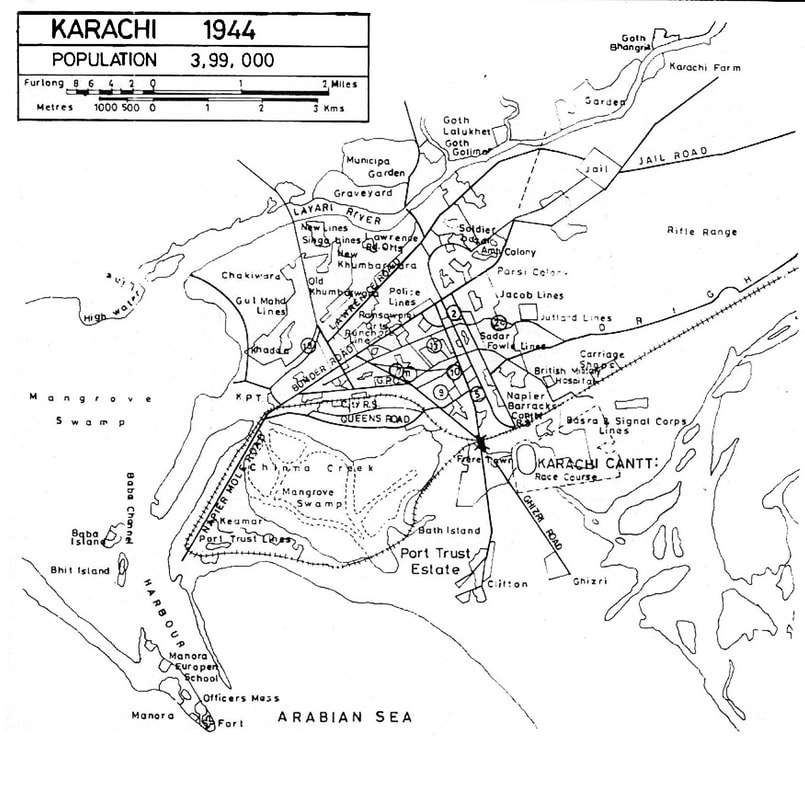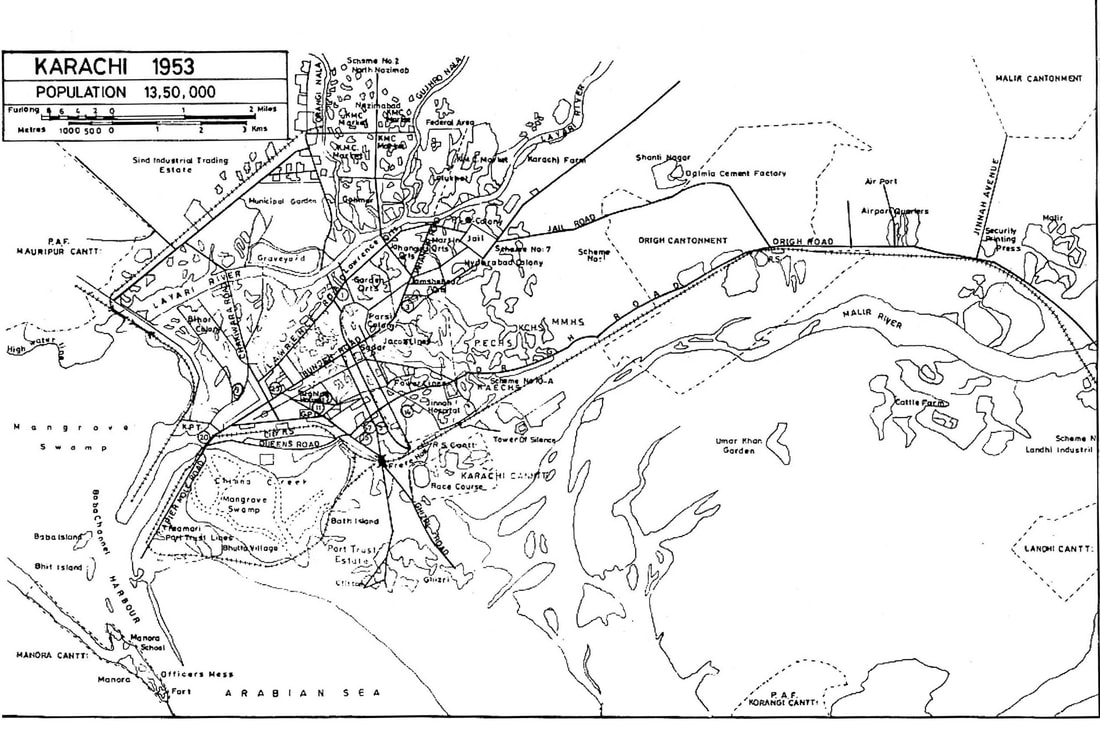Political Economy of Development
Tied Aid and Poverty in Developing Countries
published with Studies in Comparative International Development
Abstract: Donors tie large amounts of foreign aid, forcing recipients to buy from donor countries. Scholars and the OECD have long argued that, by not permitting recipients to procure locally or to participate in internationally competitive bidding practices, tied aid creates inefficiencies that undermine economic growth. Furthermore, tied aid may be less effective than untied aid because it serves donor companies more than it targets recipient needs. Despite the academic, policy, and media attention on tied aid, there is little empirical study of whether it is worse for growth than untied aid. Using the latest econometric techniques to account for potential endogeneity, we present and analyze new data on tied aid covering 157 countries across the Global South (1990–2018). We find that tied aid is, indeed, associated with less growth than untied aid and suggest that donors interested in development should not tie aid. We conclude with directions for future research.
Corruption: Quality or Quantity?
with Harley Balzer
Abstract: Why do societies with similar ratings of perceived corruption vary significantly in the economic and social consequences resulting from corruption? One answer to this puzzle involves flaws in the methodology of measuring corruption. Perceptions are influenced strongly by expectations: when respondents think a country should be free of corruption, they may rate it more harshly than when they expect a country to be corrupt. An alternative explanation presented in this paper focuses on differences in the impact of different varieties of corruption–what we have rather imperfectly termed the “quality” of corruption. Quality may be a misleading choice of terminology, implying that corruption could be a good thing. The crucial questions involve the character and consequences of different types of corruption.
(Presented at ISA 2017, under review)
(Presented at ISA 2017, under review)
Offshore Protection: Evidence from the Yukos Precedent and the Moscow Stock Exchange
with Nik Kalyanpur (LSE), published in Energy Policy
Abstract: How do firms protect their investments in jurisdictions with weak institutions? Comparative Politics emphasizes the importance of political connections in safeguarding property while IPE scholarship analyzes the international institutions that can protect MNC investments. We argue that the combination of financial and legal globalization provides domestic firms with new avenues to hold their sovereign accountable. By setting up shell companies for their assets and “round-tripping” investment into their home jurisdiction, domestic actors can gain access to the international institutions that political scientists assume only benefit MNCs. We test the implications of this theory by investigating the effects of the Permanent Court of Arbitration’s decision in Yukos vs. Russian Federation, where the firm used its multi-jurisdictional structure to exploit the Energy Charter Treaty intended for international investors. It lead to a shocking $50-billion-dollar award that we exploit as an exogenous property rights enhancing treatment to Russian energy firms. Comparing the rate of returns for firms traded on the Moscow Stock Exchange, we illustrate the winners and losers of this offshore protection. The paper further contributes to debates on global wealth chains, and the unintended consequences of capital mobility and regime complexity.
Property Rights in the Aftermath of Conflict. Property Redistribution in Karachi after the India-Pakistan Partition
with Rabea Kirmani
|
Abstract: The establishment of property rights is inextricably linked to the role of the state and state authority in recognizing, enforcing and safeguarding these rights. In the case of conflict, renegotiating property rights often sets the tone for the entire postconflict era. The initial act of property redistribution creates regime supporters and dissenters as distribution of power, political/electoral considerations, and bureaucratic corruption shift allocation of wealth across entire populations. We argue that when states emerge from conflict stronger than before, they are more likely to uphold preconflict property rights. However, when new or weaker states emerge, preconflict, property rights are repudiated to create supporters for the new regime. We examine property rights redistribution in the city of Karachi in the aftermath of the 1947 partition of India and Pakistan, where a system was developed to allow millions of refugees moving between the nascent states to claim property commensurate in value to what they left behind. Using data from legal proceedings of property disputes, we analyze the strategies taken by the state in redistributing property and adjudicating disputes. We use national and subnational geographical data to illustrate how variations in bureaucratic and legal capacity impact states’ ability to create and negotiate with new and old cadres of supporters.
(Presented at ISA 2019, MPSA 2019, APSA 2020) |

